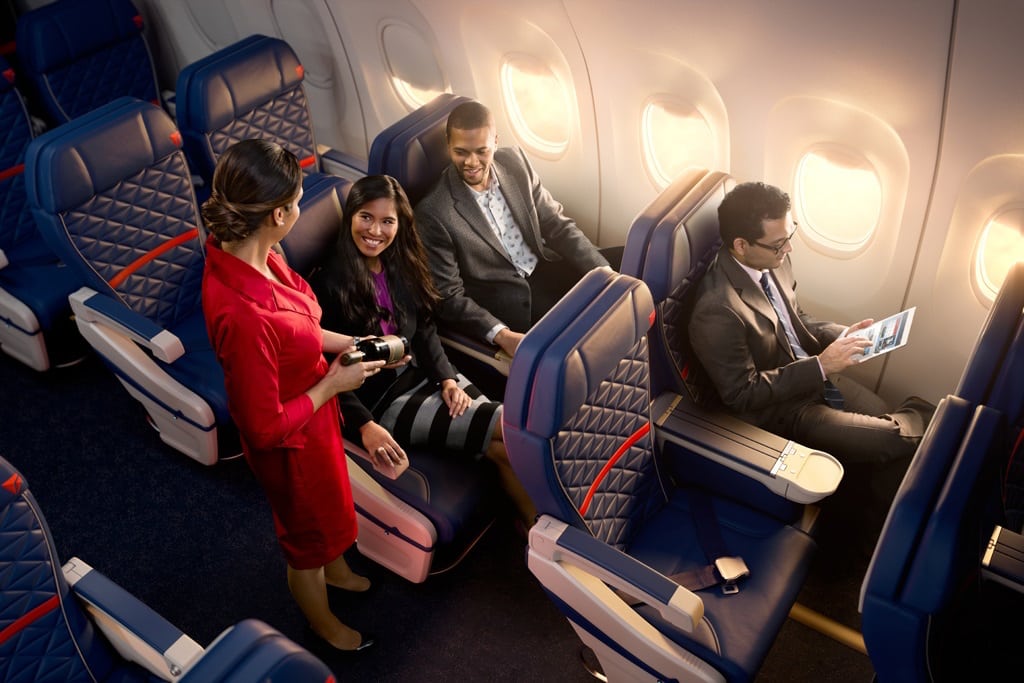Delta to Make It Easier to Keep Elite Status After a Major Life Event

Skift Take
Has anyone noticed that U.S. airlines are taking customer satisfaction more seriously now than a few years ago? It's a good trend.
Elite frequent flyer status determines where road warriors sit on the airplane, how much legroom they have, whether they have to pay for food or drink, and how long they wait to speak with an agent when they need rebooking.
When they lose it — perhaps because they change jobs, get sick, or take time off work to care for an ill family member or new baby — they can find it jarring. Once feted as an airline's top customers, they move to the back of every line.
Starting Wednesday, though, Delta Air Lines' customers won't have to fear such a hard landing. Delta is now the third North American carrier to allow travelers to extend elite status if they have a major life event that keeps them from flying. But Delta's policy is
